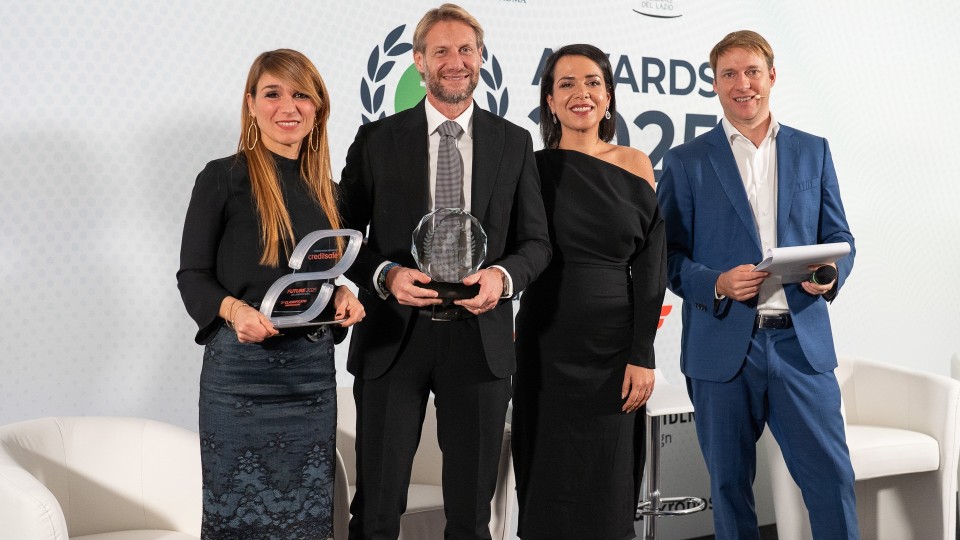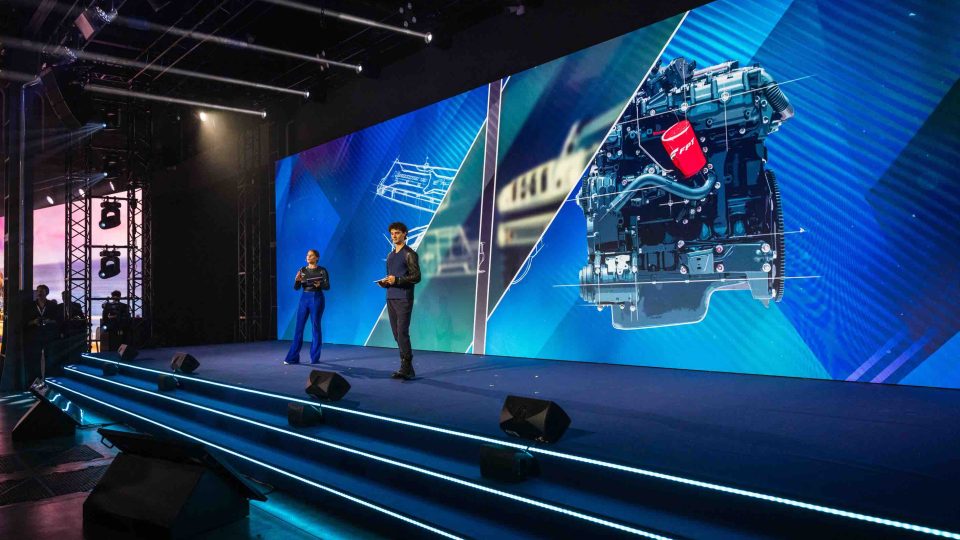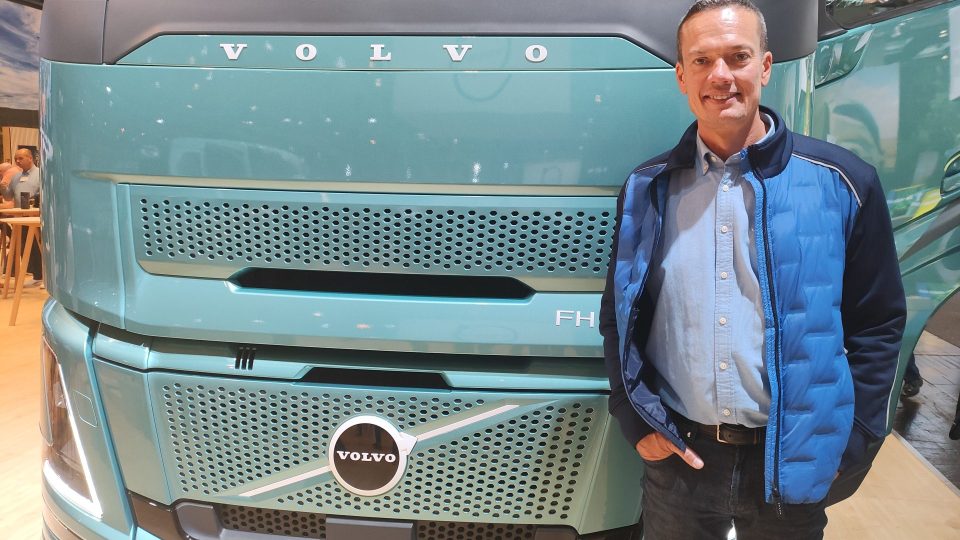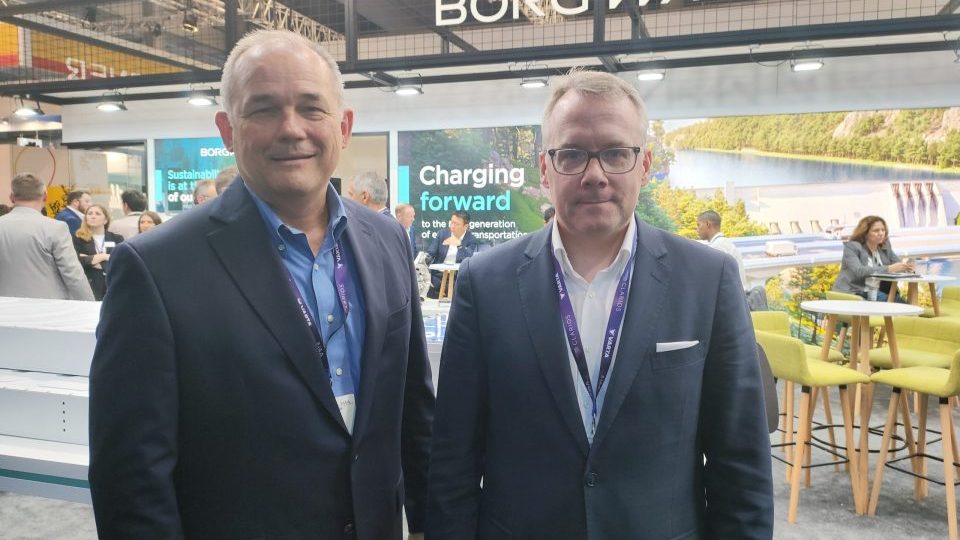Eric Fontaine takes us through Rehlko
Eric Fontaine, President of Rehlko's engine division, participated in an in-depth discussion with journalist Julian Buckley to take stock of the company's strategy
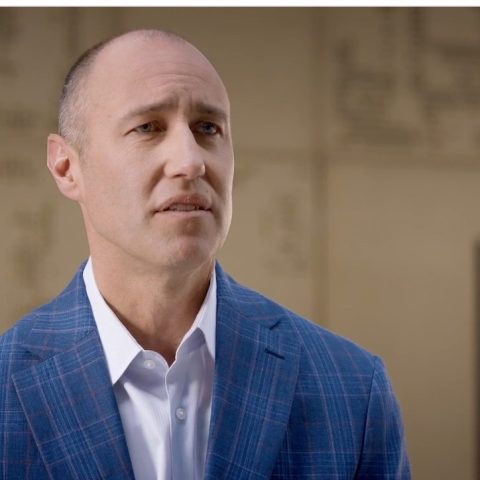
The interview with Eric Fontaine, President of Rehlko’s engine division, has just concluded. Sitting opposite him as the interviewer was Julian Buckley. The conversation was an opportunity to take stock of Rehlko’s mission. There was no mention of tactics, such as expanding the product range beyond the KDI3404 TCR size or implementing hybrid technology. The Rehlko’s President first and foremost reiterated the four pillars that guide the company’s operations.
Eric Fontaine and Rehlko’s Four Pillars
The first two dynamos of Rehlko’s mechanism are inspired by curiosity, which encourages learning and sharing information and ideas, and trust, for solidifying relationships. The other two pillars are identified as rhythm, for making informed decisions and accelerating their dissemination, and excellence.
Gasoline and Diesel
In North America, Rehlko’s gasoline engines are widely used in gardening and power generation applications – a characteristic that has defined Kohler since its inception. Electronic control is a key advantage the American sales team leverages to promote the brand. When specifically asked by Buckley, Eric Fontaine clarified that the definition of “mission-critical” reflects Rehlko’s precise commitment: to ensure the continuous operation of agricultural machinery during harvest season, the consistent applicability of lawnmowers for green space maintenance, and uninterrupted uptime in the construction arena.
Regarding biofuel variants, Rehlko has invested significant resources over the past four years in hybridization and the development of alternative fuels. And it’s not just about HVO, which is compatible with the entire range without any modifications. This commitment also extends to e-fuels, a solution strongly advocated by more German-centric European political sensibilities.
The Power Density Mantra
In their two key hubs, the U.S. and Italy, they’ve observed unprecedented demand for power density and downsizing. These two trends seem to converge on Rehlko’s quintessential characteristics, as the company doesn’t produce engines larger than 3.4 liters. Fontaine asserts that the company’s focus is firmly on power density, response time, and productivity. Other guiding market demands include the need for a competitive TCO (Total Cost of Ownership) and engine resilience, as engines are required to withstand stressful workloads.
And After-Sales Support?
This is guaranteed by a global network of 3,000 distributors, which form Rehlko’s backbone. This widespread presence is supported by technical training and assistance for the development of both technical and commercial activities.

